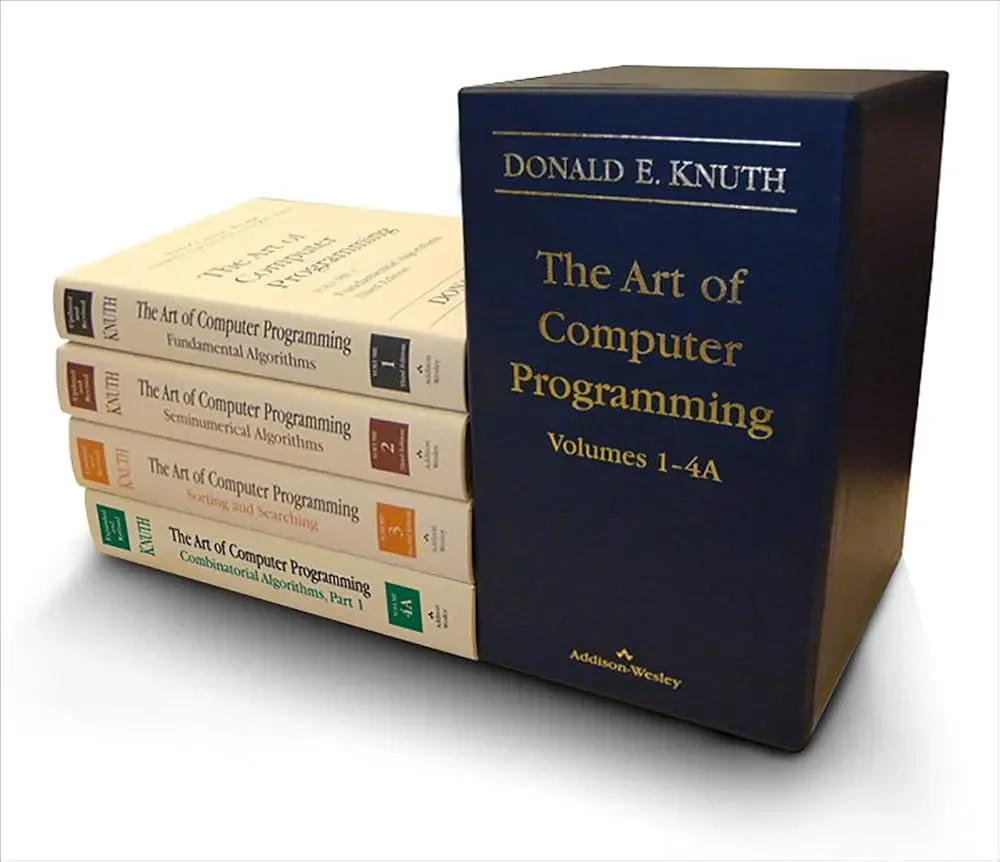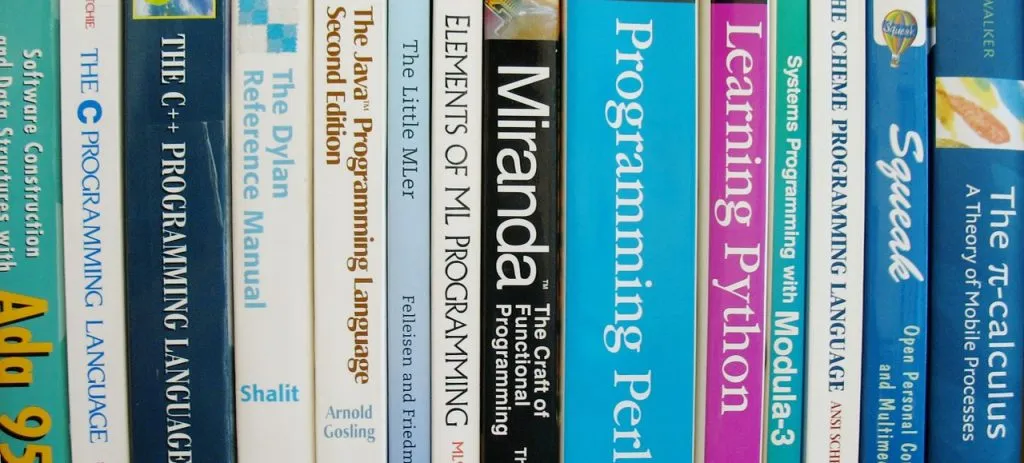Best Programming Books 2026: Top Must-Read Guides
Top programming books every developer needs. From beginners to experts—master coding faster.
Summary
- Why Programming Books Matter
- Essential Books for Beginners
- Intermediate Developer Resources
- Advanced Programming Concepts
- Algorithms and Data Structures
- Design Patterns and Code Quality
- Project Management for Developers
- How to Choose Your Next Book
- FAQ
- Conclusion
Why Programming Books Matter
Programming involves more than memorizing syntax or watching tutorials. Books offer structured knowledge tested over decades by industry experts.
The right books transform how you think about code. They provide deep understanding that separates beginners from experienced developers.
While online resources offer quick fixes, books teach fundamental principles. These concepts remain relevant regardless of programming language or framework changes.
Essential Books for Beginners
The Pragmatic Programmer teaches you to think like an experienced developer. It covers code organization, team communication, and career development principles.
Clean Code by Uncle Bob focuses on writing readable, maintainable code. Learn proper naming conventions, function design, and class organization.
These books provide timeless principles applicable to any programming language. Start here regardless of your chosen technology stack.

Intermediate Developer Resources
Architecture and System Design
Clean Architecture extends Clean Code principles to entire systems. Learn how to organize large projects and create maintainable software architecture.
Domain-Driven Design teaches you to translate business requirements into elegant code. Essential for enterprise applications and complex systems.
System Design Interview Guide prepares you for technical interviews. Covers distributed systems, scalability, and real-world architectural challenges.
Key Benefits of Architecture Books
- Learn to design scalable systems
- Understand separation of concerns
- Master enterprise development patterns
- Prepare for senior developer roles
Advanced Programming Concepts
Advanced books focus on system complexity and large-scale development. These resources target senior developers and architects.
System Design Interview Volume 2 covers advanced distributed system patterns. Includes case studies of real-world applications and infrastructure.
The difference between intermediate and advanced books lies in scope. Advanced books assume solid foundation knowledge and dive deep into complex topics.
Algorithms and Data Structures
Grokking Algorithms uses colorful illustrations and practical examples. Perfect for developers who learn better with visual aids and step-by-step explanations.
Introduction to Algorithms provides comprehensive coverage of algorithmic concepts. Used in computer science programs worldwide as the standard reference.
Choose based on your learning style and current level. Visual learners benefit more from Grokking, while academic learners prefer Cormen's thorough approach.

Design Patterns and Code Quality
Pattern Recognition and Implementation
Design Patterns by Gang of Four presents 23 essential patterns. Learn Observer, Factory, Strategy, and other solutions to common programming problems.
Refactoring by Martin Fowler teaches systematic code improvement. Transform legacy code into maintainable systems without breaking functionality.
These books work together perfectly. Design Patterns shows you what to build, while Refactoring shows you how to improve existing code.
Common Design Patterns Benefits
- Solve recurring programming problems
- Create common vocabulary for teams
- Improve code maintainability
- Enable better system architecture
Project Management for Developers
The Mythical Man-Month explains why adding developers doesn't speed up delayed projects. Essential reading for technical leads and managers.
Brooks shares decades of experience with large software projects. Learn about communication challenges, estimation problems, and team dynamics.
This book remains relevant 50 years after publication. The fundamental challenges of software development haven't changed despite technological advances.

How to Choose Your Next Book
Reading Strategy for Maximum Impact
Start with fundamentals if you're beginning your programming journey. Focus on programming principles before diving into specific technologies.
Choose books that match your current projects. Working with AI tools? Check our AI tools guide for relevant reading suggestions.
Don't read multiple programming books simultaneously. Master one concept before moving to the next. Practice examples in real projects for better retention.
Recommended Reading Order
- Beginners: The Pragmatic Programmer → Clean Code
- Intermediate: Clean Architecture → Domain-Driven Design
- Advanced: System Design → Algorithms → Design Patterns
- Specialists: Choose based on your focus area
FAQ
Which programming book should I read first as a beginner? Start with 'The Pragmatic Programmer' as it covers fundamental programming principles regardless of language.
How many programming books should I read per year? Focus on 3-4 books per year, practicing concepts from each before moving to the next one.
Are programming books still relevant with online tutorials? Yes, books provide structured, tested knowledge while online content is often fragmented and outdated.
What's the difference between beginner and advanced programming books? Beginner books focus on syntax and basic concepts, while advanced books cover architecture, patterns, and system design.
Should I buy physical or digital programming books? Both work well, but physical books are better for deep focus and note-taking during learning.
Conclusion
These programming books represent decades of industry experience condensed into practical knowledge. They're investments in your development career that pay dividends over time.
The concepts you'll learn transcend specific programming languages or frameworks. These fundamental principles will guide your entire programming journey, making you a better developer regardless of technology changes.

What are LLMs? Large Language Models Explained

How to Create Effective Prompts for LLM Text Generation

Best AI Tools for Text, Image, Audio & Video in 2026

How to Create Efficient Prompts for Lovable.dev Web Apps
